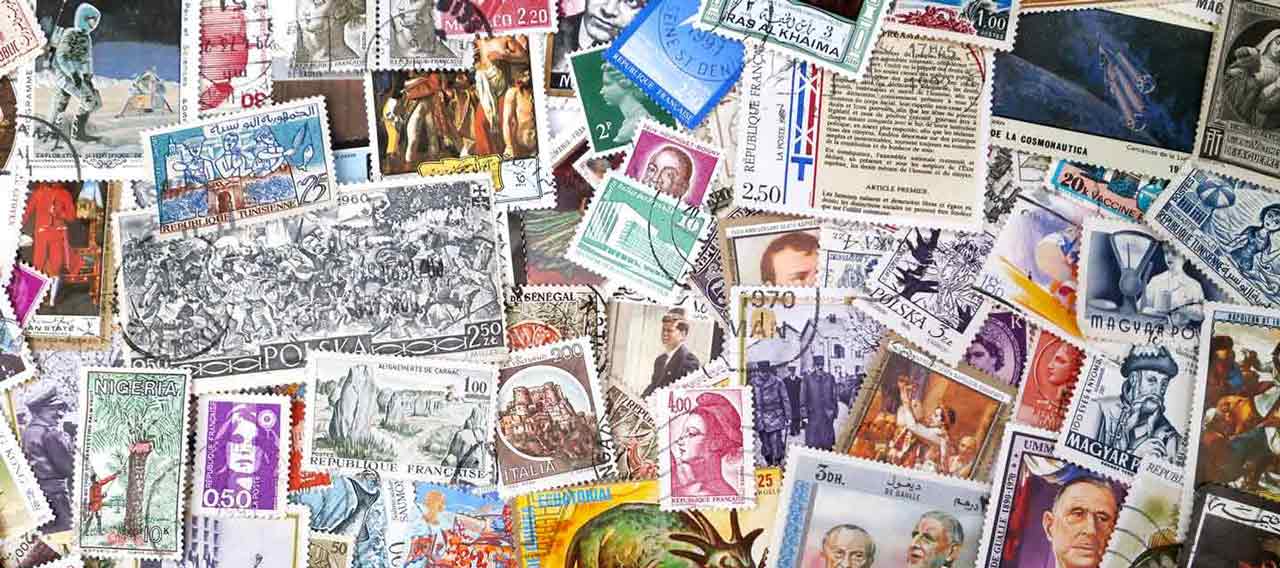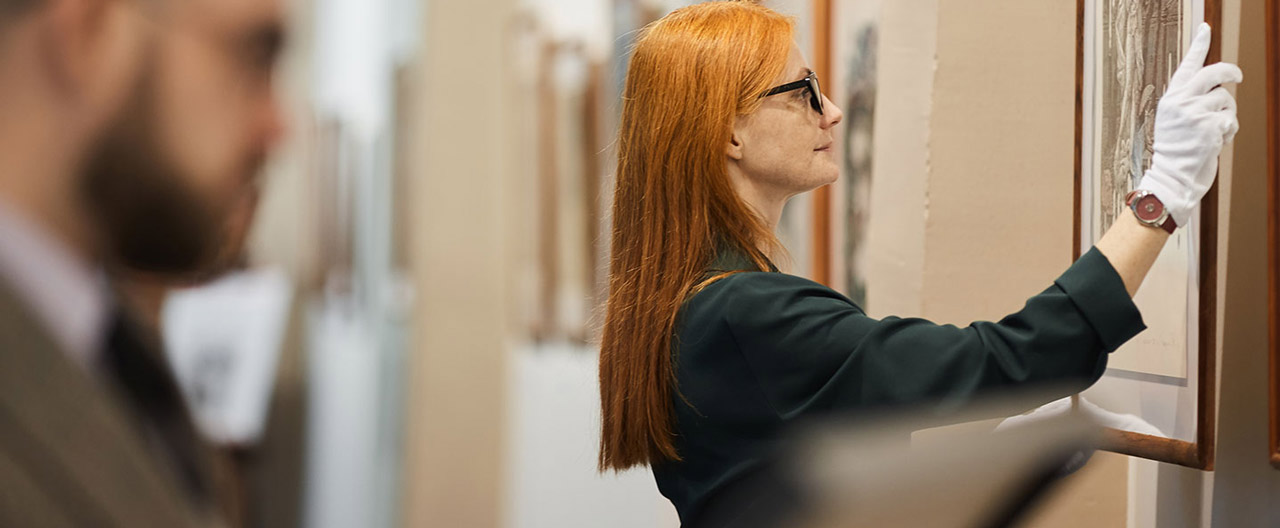- Individuals & Families
- Businesses
- Agents & Brokers
- Embedded Insurance

Chubb ranked #1 for Customer Satisfaction with the Home Insurance Claims Experience

Chubb ranked #1 for Customer Satisfaction with the Home Insurance Claims Experience

Chubb ranked #1 for Customer Satisfaction with the Home Insurance Claims Experience

Chubb ranked #1 for Customer Satisfaction with the Home Insurance Claims Experience

Because pets are family, Chubb now offers pet insurance with top-rated coverage from Healthy Paws.

Chubb offers the insurance protection you need for travel’s many “what ifs”.

Chubb protects small businesses at every stage – from newly formed start-ups to long-time anchors of the community.

Stay ahead of cyber threats with our free Cyber Claims Landscape Report.

Learn more about our dedicated learning paths, Online Learning Center, and more.

Many digital-savvy consumers look for it as a core or add-on option.

Many digital-savvy consumers look for it as a core or add-on option.

Many digital-savvy consumers look for it as a core or add-on option.

Chubb’s in-house technology makes it easy to integrate what we do into your customer experience.
-
About
-
Claims
-
Login & Pay Bill
For Agents & BrokersFor Travel Advisors
-
Back
While you may not want to think about a prized possession being stolen, damaged or lost, in reality these things happen all too often. Whether you own fine art, jewelry, antiques or even classic cars, having a current appraisal is an important part of owning valuable items.
As a statement of an item’s value, an appraisal provides the necessary documentation to substantiate the existence, condition, and value of your collection. It can be used when you want to sell or donate a collectible item or to help settle an estate. It can also help you make sure your valuable items are insured to their current replacement value, which provides protection against market fluctuations and value loss.
Fair Market Value vs. Retail Replacement Value
You may be surprised to learn that the value of an item can be measured in more than one way. When you commission an appraisal for your art and collectibles, the valuation methodology to be used will depend on the purpose of the appraisal. Two of the most common values for art and collectibles are Fair Market Value (FMV) and Replacement Value (RV).
- Fair Market Value is the price at which property would change hands between a willing buyer and a willing seller, if neither felt like they had to buy or to sell and both have reasonable knowledge of relevant facts.1 This value is often used for IRS appraisals or if you want to sell the item.
- Replacement Value is most often used for insurance on fine arts and collectibles. It is the value of an object, and the amount that would be required if you needed to replace the item with another of similar age, quality, origin, appearance, provenance, and condition within a reasonable length of time, in an appropriate and relevant market.2 Replacement value assumes that, in the event of a loss to personally owned fine arts or collectibles, the owner would like to replace the item as quickly as possible. This means that often an item would need to be replaced in a retail setting instead of in a secondary market such as an auction. It also accounts for fees, taxes and services such as framing. Because of these other factors, replacement value is higher than fair market value.
What to look for in an appraisal
Appraisals should comply with the Uniform Standards of Professional Appraisal Practice (USPAP), which are the Congressionally-authorized and widely recognized standards for appraisers. A comprehensive appraisal report includes:
- Client name and address
- Appraiser’s contact information and qualifications
- Purpose of the appraisal (insurance, estate, etc.)
- Method of valuation (market comparison, cost approach, etc.) and the market in which valuation is applied
- Type of valuation and its definition
- Relevant dates including date of inspection, appraisal and report issuance
- Assumptions, disclaimers, and limiting conditions
- Thorough description of objects including artist, origin, style, media, marks, signatures, measurements, age, condition, and provenance
- Firm statement of value (not a valuation range)
- Valuation support including comparable examples, market analysis, and sources
In addition, the appraisal document should be printed, not handwritten, and should always be signed by the appraiser.
Choosing an appraiser
A qualified appraiser has a formal education in appraisal theory, methodology, principles, and ethics. He or she should also have specialized expertise in the material being appraised. For example, an appraiser who specializes in contemporary art may not be the best choice to appraise an Impressionist painting.
There is no government regulation of appraisers. Therefore, the best way to find a qualified appraiser is through one of the major accredited appraisal organizations — the Appraisers Association of America, the American Society of Appraisers, and the International Society of Appraisers. To obtain and maintain membership in these organizations, appraisers must complete courses and exams, and demonstrate years of experience. Additionally, members must strictly adhere to set ethical standards as outlined by USPAP.
Chubb can also provide a referral to a vetted appraiser — log in to the client portal and select “Benefits and Offers” to search for a Preferred Service Provider, or call 877-60CHUBB to request a referral.
1IRS publication 561
2Appraisers Association of America, Definitions of Value, 2019
This document is advisory in nature and is offered as a resource to be used together with your professional insurance advisors in maintaining a loss prevention program. It is an overview only, and is not intended as a substitute for consultation with your insurance broker, or for legal, engineering or other professional advice.
Insights and expertise








Get a personal insurance quote
Work with an independent agent to get personalized insurance solutions.
This document is advisory in nature and is offered as a resource to be used together with your professional insurance advisors in maintaining a loss prevention program. It is an overview only, and is not intended as a substitute for consultation with your insurance broker, or for legal, engineering or other professional advice.
Chubb is the marketing name used to refer to subsidiaries of Chubb Limited providing insurance and related services. For a list of these subsidiaries, please visit our website at www.chubb.com. Insurance provided by ACE American Insurance Company and its U.S. based Chubb underwriting company affiliates. All products may not be available in all states. This communication contains product summaries only. Coverage is subject to the language of the policies as actually issued. Surplus lines insurance sold only through licensed surplus lines producers. Chubb, 202 Hall's Mill Road, Whitehouse Station, NJ 08889-1600.


